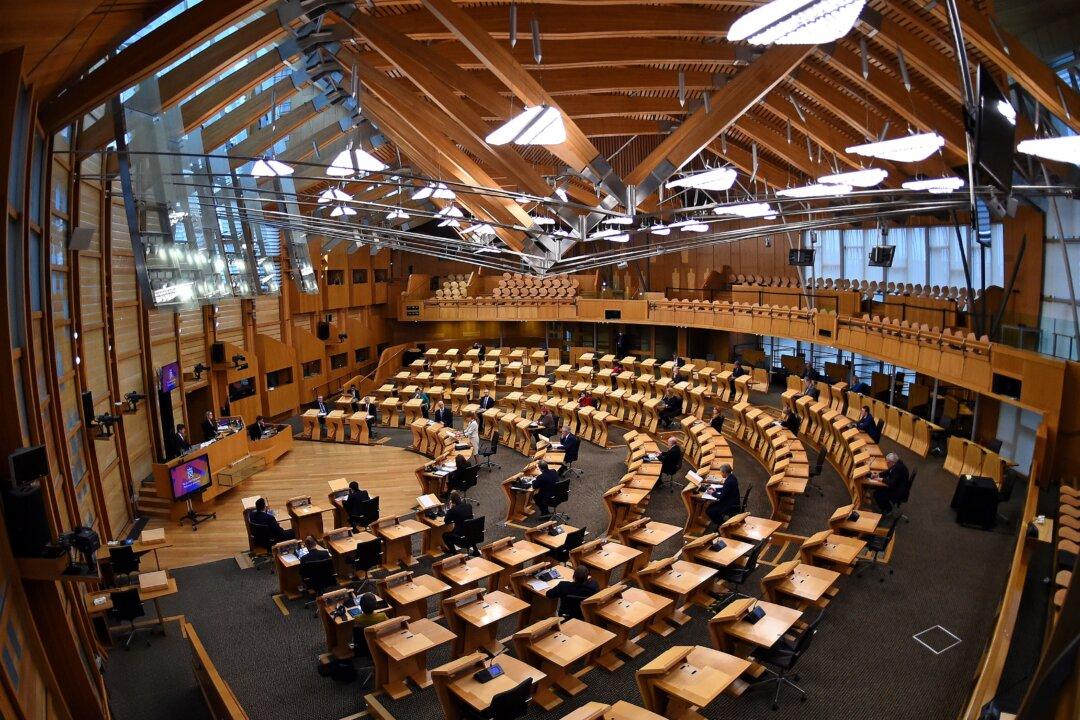The introduction of vaccine passports could backfire and stiffen opposition to vaccines among people who are already mistrustful, two medical experts told the Scottish Parliament on Thursday.
Scotland’s vaccine passport scheme for nightclubs and large events officially begins at 5 a.m. on Oct. 1, though a grace period means that businesses will not face the threat of enforcement action until Oct. 18.





